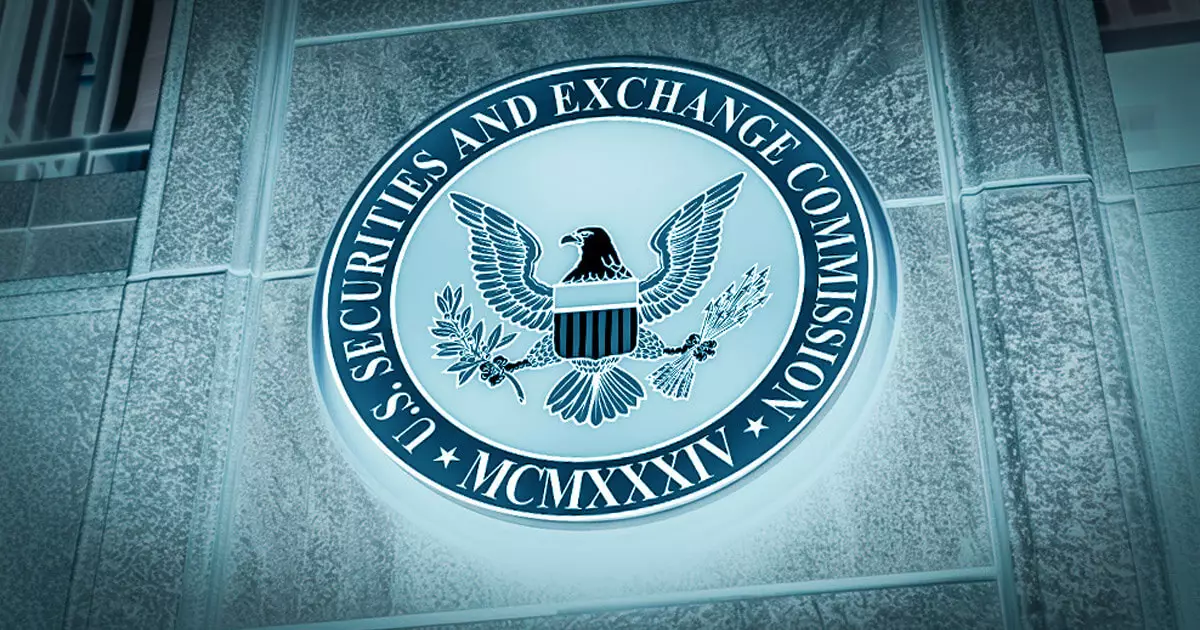On September 27, 2023, the United States Securities and Exchange Commission (SEC) initiated a significant regulatory action against Mango Markets’ decentralized autonomous organization (DAO) and the Blockworks Foundation. This settlement comes on the heels of a turbulent period following the platform’s $100 million breach in 2022. The SEC accused these entities of distributing unregistered securities, illuminating a critical tension between decentralized finance (DeFi) innovations and the existing regulatory framework. Under the settlement’s terms, both Mango DAO and the Blockworks Foundation are set to pay an aggregate of $700,000 in civil penalties, which will be supplemented by the destruction of their MNGO tokens and requests to have these tokens delisted from cryptocurrency exchanges. Furthermore, the agreement prevents them from future marketing of these tokens. Notably, this settlement does not entail an admission of wrongdoing, showcasing a somewhat common strategy among entities entangled in legal complexities.
A striking aspect of this controversy is the active role of the Mango DAO community, which voted to accept this settlement with the SEC in August 2023. This highlights a unique form of governance that contrasts with more traditional corporate structures. However, it raises questions about the responsibility of DAOs and their collective decision-making processes in regulatory matters. The subsequent proposed settlement of $500,000 with the Commodity Futures Trading Commission (CFTC) in September adds another layer to this narrative, emphasizing the increasing scrutiny faced by crypto platforms from multiple regulatory bodies without yielding an admission of guilt.
The SEC claims that both Mango DAO and Blockworks Foundation infringed upon the Securities Act of 1933 by raising over $70 million through the sale of MNGO governance tokens to investors, including those based in the United States. The complaint also highlights that Mango Labs engaged in unregistered brokerage activities. The SEC’s insistence that the “DAO” label does not exempt these entities from securities legislation signals an important message towards the broader crypto landscape: decentralized structures cannot sidestep the long-established rules governing securities trading. This stance emerges amidst a backdrop of increasing regulatory focus, as the SEC systematically attempts to pull decentralized platforms into compliance with existing securities laws.
The ongoing case of Mango Markets exemplifies the evolving nature of regulatory oversight in the cryptocurrency sector. As authorities adapt to the rapid innovations in DeFi, the necessity for compliance with established laws becomes even more apparent. The SEC’s approach signifies a growing ambition to establish clear boundaries within which emerging technologies must operate. This could lead to a more stable environment for investors but may also inhibit the very principles of decentralization that many stakeholders cherish. The tension between fostering innovation and ensuring investor protection continues to be a pivotal discourse in the realm of cryptocurrency, perhaps setting the stage for future confrontations between regulators and crypto innovators.
The interactions between regulatory bodies and crypto entities like Mango Markets will likely shape the future structure of the decentralized finance ecosystem. Clarity, accountability, and adherence to laws remain paramount as the industry navigates through this regulatory reckoning.

